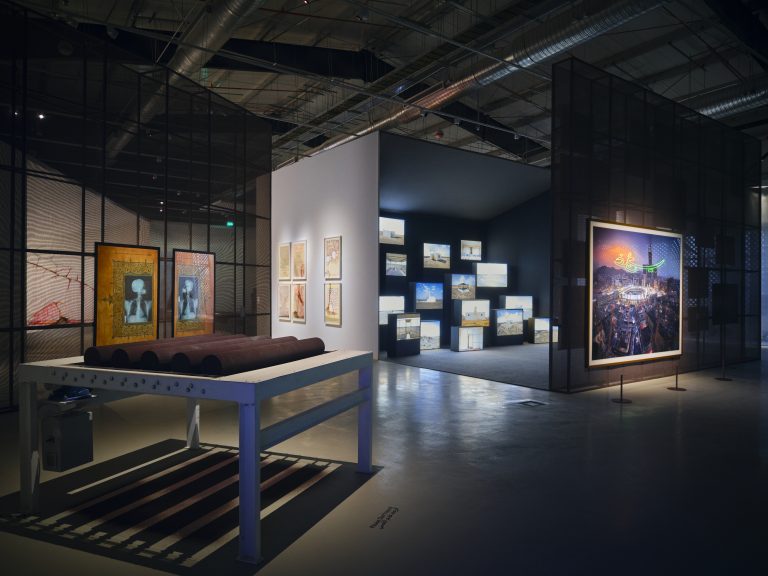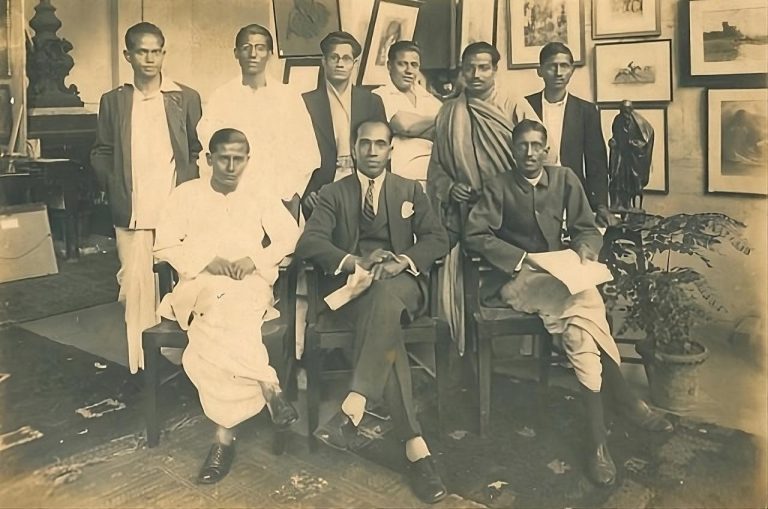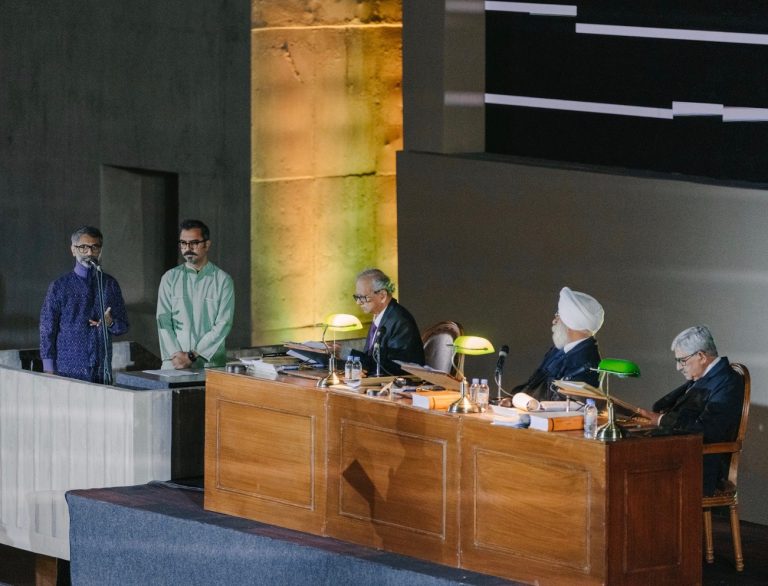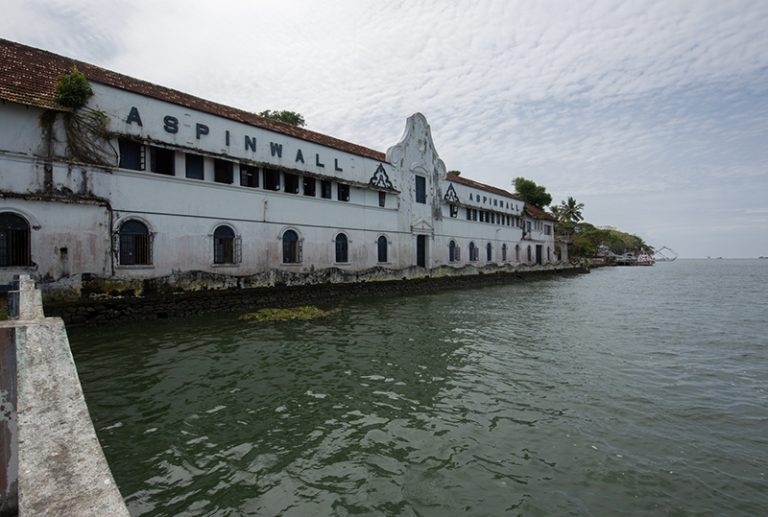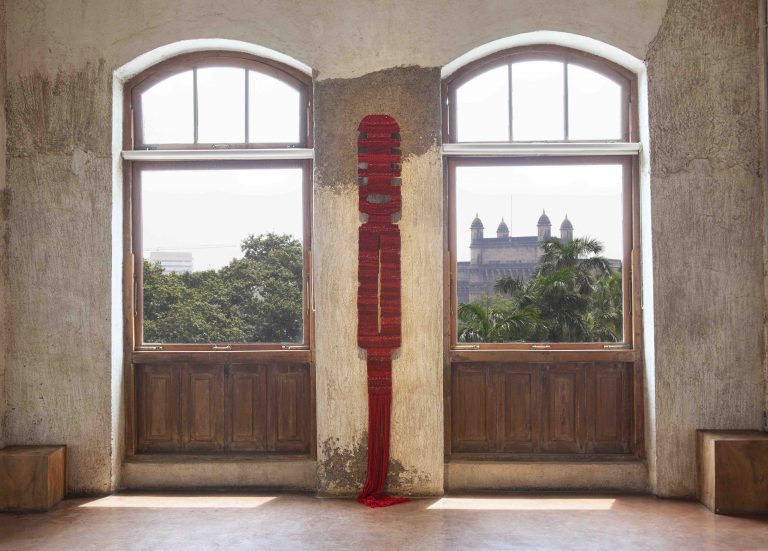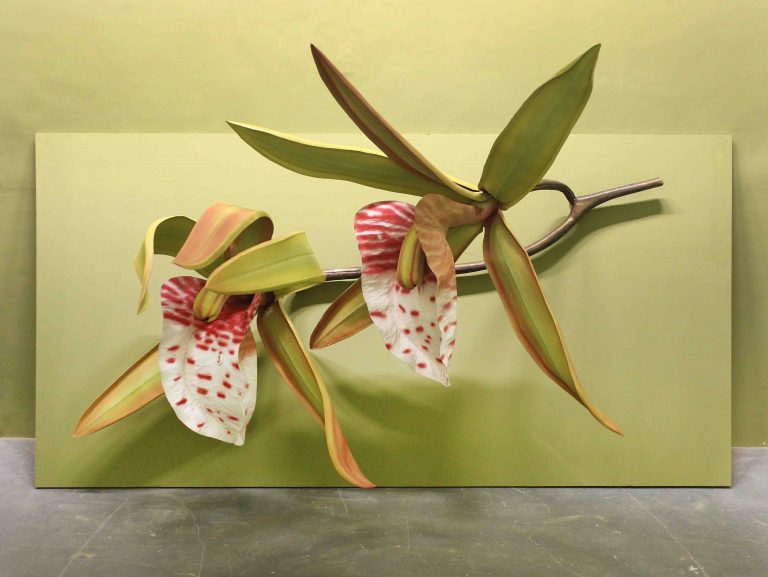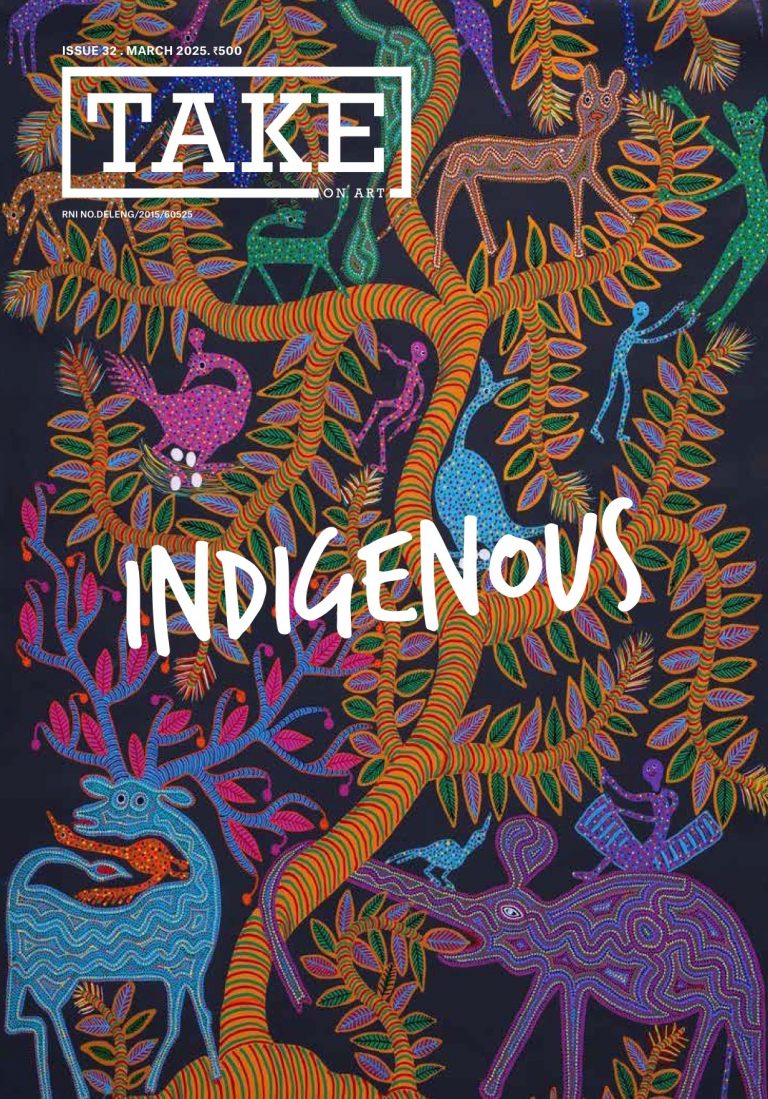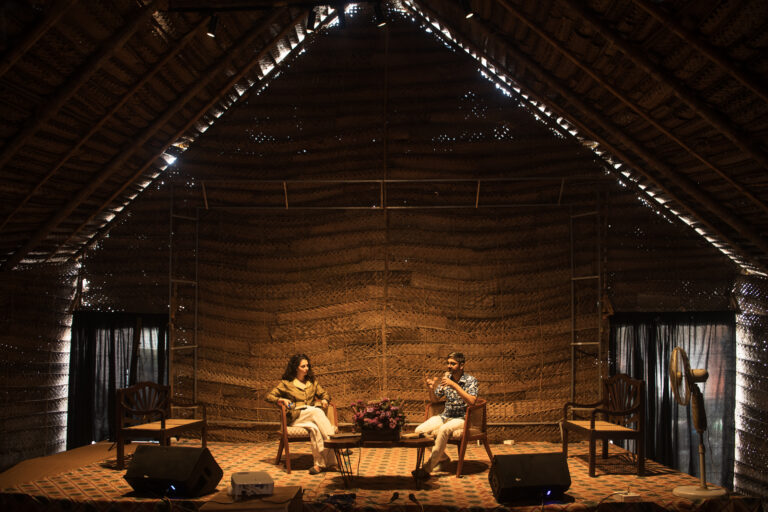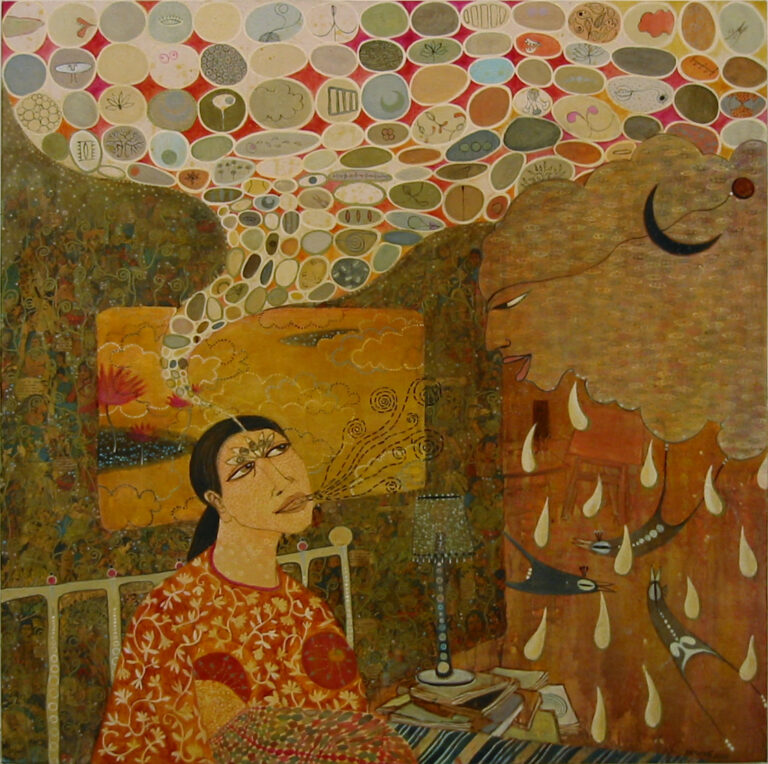As an editor and a research-based artist, Dilpreet Bhullar’s work lies at the intersection of photography, decolonisation and curation. With an MPhil from the University of Delhi in Comparative Literature, she has been the recipient of the Alliance for Historical Dialogue and Accountability Fellowship at Columbia University, New York and International Center For Advocates Against Discrimination Fellowship, New York. Her essays are frequently published in leading books, journals and magazines including Seeing South Asia: Visuals Beyond Borders (Routledge), “Di’van Journal” (UNSW Art & Design), “Designing (Post) Colonial Knowledge: Imagining South Asia” (Routledge), “South Asian Popular Culture” (Routledge), Violent and Vulnerable Performances: Challenging the Gender Boundaries of Masculinities and Femininities (Brill Press), Artbasel, Ocula, Criticalcollective.in, Stirworld.com, Thirdtext.org, thewire.in to name a few. She co-conceptualised the international symposium Horizon and Perspective: Curatorial Gaze to Gauge Promise of Art, New Delhi. In her long-standing role as the associate editor at India Habitat Centre she edited theme based visual arts journal as well as co-edited the books Third Eye: Photography and Ways of Seeing (India Habitat Centre and Speaking Tiger, 2019) and Voices and Images (India Habitat Centre and Penguin Random House, 2015). Her research-based photo project A Home in the Constant Flux: A Call to the Verb Memory was displayed at Simurgh Centre, Goethe Institute, New Delhi, Arthshila Santiniketan, Bangalore International Centre, Rajiv Gandhi Foundation, New Delhi. She is co-founder of the Dastāvez Collective – an initiatives to encourage a conversation beyond the official registration points of history to arrive at the documentation of subversive voices through discursive art forms and representations. Currently, managing editor of the magazine TAKE on Art dedicated to South Asian contemporary arts, she shuttles between New Delhi and Mumbai, India.










